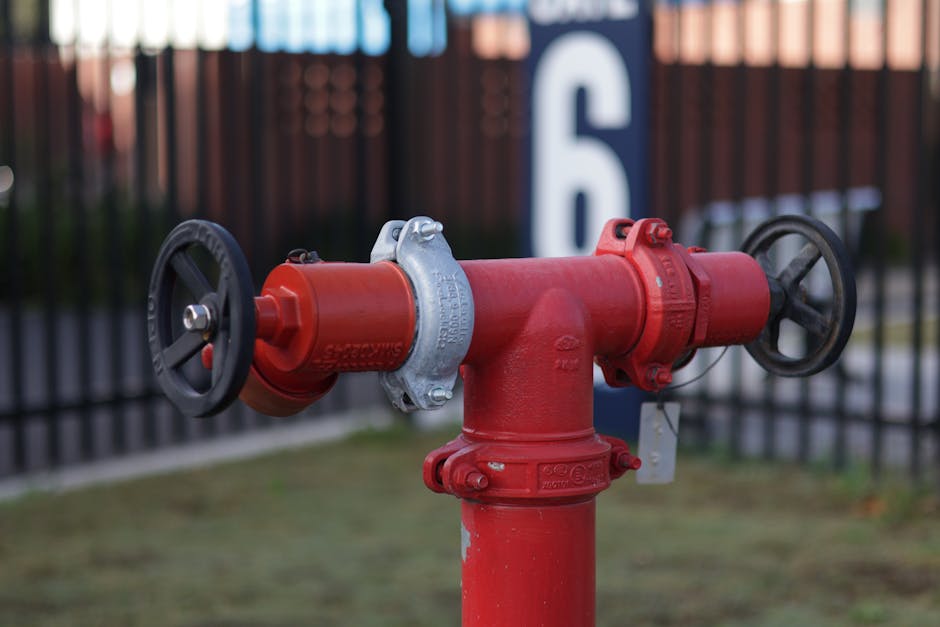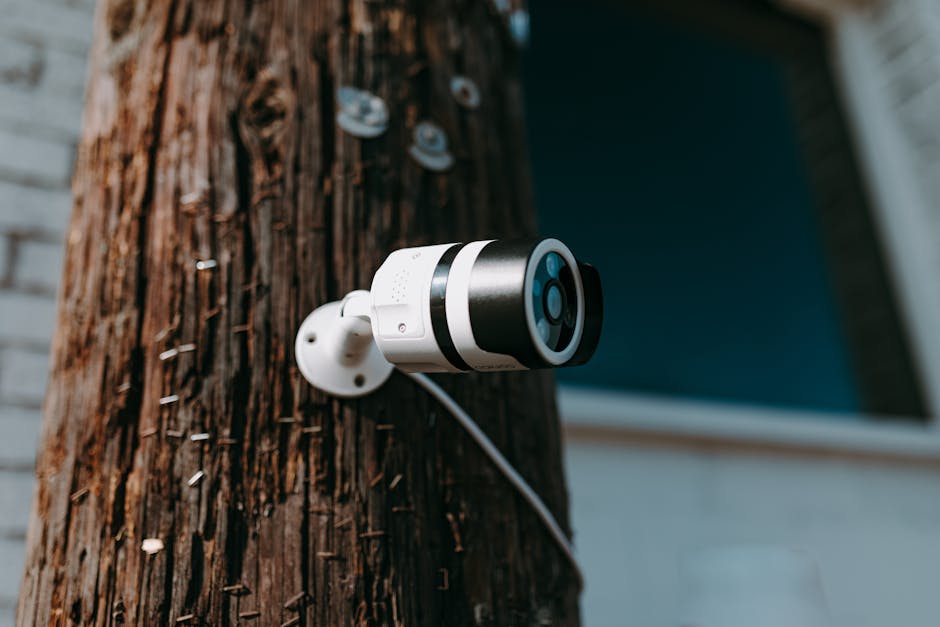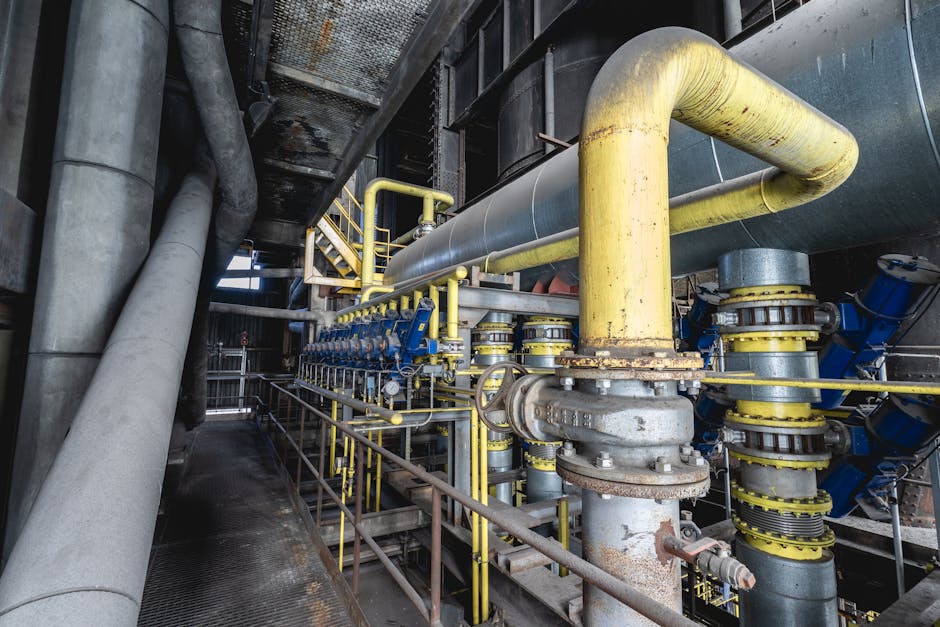

In the world of towing, ensuring the *safety* and *efficiency* of your trailer is paramount. One critical component that often goes unnoticed is the **tire pressure**. Improper tire pressure can lead to a host of issues such as reduced fuel efficiency, increased tire wear, and even catastrophic tire failures. This is where a trailer tire pressure monitoring device comes into play, as it serves as a vital tool in maintaining optimal tire conditions and enhancing the safety of your journeys.
These monitoring devices are designed to provide real-time data on the pressure levels of your trailer's tires, alerting you to any deviations from the norm. By keeping your tires at the recommended pressure, you not only ensure a smooth ride but also extend the longevity of your tires, ultimately saving on costs in the long run.
Investing in a trailer tire pressure monitoring device is not just about convenience—it's about taking proactive measures to prevent accidents and improve the overall performance of your trailer. **Tow with peace of mind**, knowing that TrailerWatchdog is standing guard, ensuring your trailer's tires are always in top condition.
Benefits of Monitoring Tire Pressure

Monitoring the tire pressure of your trailer offers a multitude of benefits that extend beyond basic maintenance. One of the most significant advantages is safety. Proper tire pressure ensures better handling and stability of the trailer, reducing the risk of accidents caused by blowouts or loss of control. In fact, by keeping your tires at the correct pressure, you can significantly reduce the likelihood of tire failure on the road.
Another key benefit is fuel efficiency. Under-inflated tires create more rolling resistance, which means your vehicle has to work harder and consume more fuel. By maintaining the proper tire pressure, you not only save money on fuel but also reduce your carbon footprint, contributing positively to the environment.
Additionally, tire pressure monitoring can lead to longer tire life. Over or under-inflated tires wear unevenly, leading to premature tire replacement. By using a trailer tire pressure monitoring device, you can ensure that your tires wear evenly, extending their lifespan and saving you from the costs of frequent replacements.
Moreover, having the ability to monitor tire pressure in real-time provides peace of mind, allowing you to focus on the journey ahead rather than worrying about potential tire issues. This level of vigilance not only protects your investment but also enhances the overall driving experience, making each journey safer and more enjoyable.
How Tire Pressure Affects Trailer Safety

Tire pressure plays a critical role in ensuring the safety of your trailer when on the road. Properly inflated tires provide the necessary traction and grip, which are essential for maintaining control, especially during sudden maneuvers or in adverse weather conditions. A trailer tire pressure monitoring device can alert you to any deviations from the recommended pressure levels, allowing you to address potential issues before they escalate.
Incorrect tire pressure, whether too high or too low, can severely compromise the braking performance of your trailer. Under-inflated tires tend to flex more, which can increase stopping distances and affect the braking system's efficiency. Over-inflated tires, on the other hand, reduce the contact area with the road, leading to decreased traction and increased risk of skidding.
The stability of your trailer is also heavily dependent on maintaining the correct tire pressure. When tire pressure is uneven, the trailer can become unbalanced, making it more susceptible to swaying or jackknifing, particularly at high speeds or when navigating sharp curves. This not only endangers your trailer and its contents but also poses a threat to other road users.
By utilizing a reliable monitoring system, you can ensure your trailer is always operating with optimal tire pressure, significantly reducing the risk of accidents. This proactive approach to trailer maintenance not only safeguards your investment but also enhances road safety for everyone.
Features of Advanced Pressure Monitoring Devices

Modern trailer tire pressure monitoring devices are equipped with a range of advanced features designed to enhance both convenience and safety. One of the standout features is real-time pressure monitoring, which provides continuous updates on the status of your trailer tires, helping you detect any anomalies as they occur. This real-time data is typically displayed on a user-friendly interface, often accessible through a smartphone app or an in-cab display, allowing you to keep an eye on your tires without stepping out of the vehicle.
Some of these devices also incorporate temperature sensors, which monitor the heat levels of the tires. High temperatures can be indicative of underlying issues such as overloading, excessive braking, or under-inflation, all of which can lead to tire blowouts. By combining pressure and temperature data, the system can offer a comprehensive overview of your trailer's condition, ensuring you can take action before a minor issue turns into a major problem.
Protect your trailer
Another notable feature is the alert system, which provides notifications or alarms when tire pressure or temperature readings fall outside of preset thresholds. These alerts are crucial for quick decision-making, allowing you to address issues promptly and prevent potential accidents.
Additionally, many advanced pressure monitoring devices are designed with durability and ease of installation in mind. They are often wireless, making them simple to install without the need for extensive wiring. Moreover, they are built to withstand various environmental conditions, ensuring they remain reliable and functional regardless of the weather.
With these sophisticated features, advanced pressure monitoring devices not only enhance the safety and efficiency of your trailer journeys but also provide peace of mind, knowing that your trailer is constantly monitored for optimal performance.
Installation and Maintenance Tips

Installing a trailer tire pressure monitoring device may seem daunting at first, but with the right guidance, it can be a straightforward process. Begin by reviewing the manufacturer's instructions carefully, as each system may have specific requirements for setup. Most modern systems are designed to be user-friendly and often come with wireless sensors that can be easily attached to the valve stems of your trailer's tires.
When attaching the sensors, ensure they are securely fastened to prevent them from detaching during travel. It's crucial to check that the sensors are compatible with your tire valves to avoid any fitment issues. Additionally, position any in-cab display units within easy line of sight, allowing you to monitor tire conditions effortlessly while driving.
Once installed, regular maintenance is key to ensuring the longevity and accuracy of your monitoring device. Periodically check the battery life of both the sensors and the display unit, as some systems may require battery replacements every few months. Clean the sensors routinely to remove any dirt or debris that could potentially interfere with their performance.
Calibration is another important aspect of maintenance. Some systems may require occasional recalibration to maintain accuracy, especially after tire rotations or replacements. Follow the manufacturer's guidelines for recalibrating your system to ensure it continues to provide reliable data.
Finally, stay informed about updates from the manufacturer. Firmware updates may be available that enhance the functionality or introduce new features to your monitoring device. Keeping your system up-to-date will help maintain its effectiveness and ensure you're benefiting from the latest advancements in tire pressure monitoring technology.
Choosing the Right Monitoring System
Selecting the ideal trailer tire pressure monitoring device for your needs involves considering several critical factors. Start by evaluating the type of trailer you have and the specific demands of your travel routes. Some systems are better suited for heavy-duty applications, while others are designed for lighter, recreational use. Understanding your trailer's unique requirements will guide you towards a system that offers the most relevant features.
Compatibility is another essential aspect to consider. Ensure that the monitoring system you choose is compatible with your trailer’s tire size and type. Some advanced systems offer features such as temperature monitoring and real-time alerts, which can provide an extra layer of security for those embarking on longer journeys.
Ease of installation and user interface should also be taken into account. Opt for a system that offers a simple installation process and an intuitive interface, ensuring that you can easily monitor and interpret the data provided. Reviews and feedback from other users can be invaluable in assessing the reliability and user-friendliness of different systems.
Budget constraints are always a consideration, but investing in a quality monitoring system can save you money in the long run by preventing costly tire failures and ensuring optimal fuel efficiency. Evaluate different products within your price range, and weigh the features against the cost to find the best value for your investment.
Ultimately, choosing the right monitoring system is about finding a balance between functionality, ease of use, and cost. By carefully assessing your needs and exploring the available options, you can make an informed decision that enhances the safety and efficiency of your trailer journeys. Tow with peace of mind, knowing that TrailerWatchdog is standing guard. Visit trailerwatchdog.com to explore our advanced monitoring solutions tailored to your needs.




